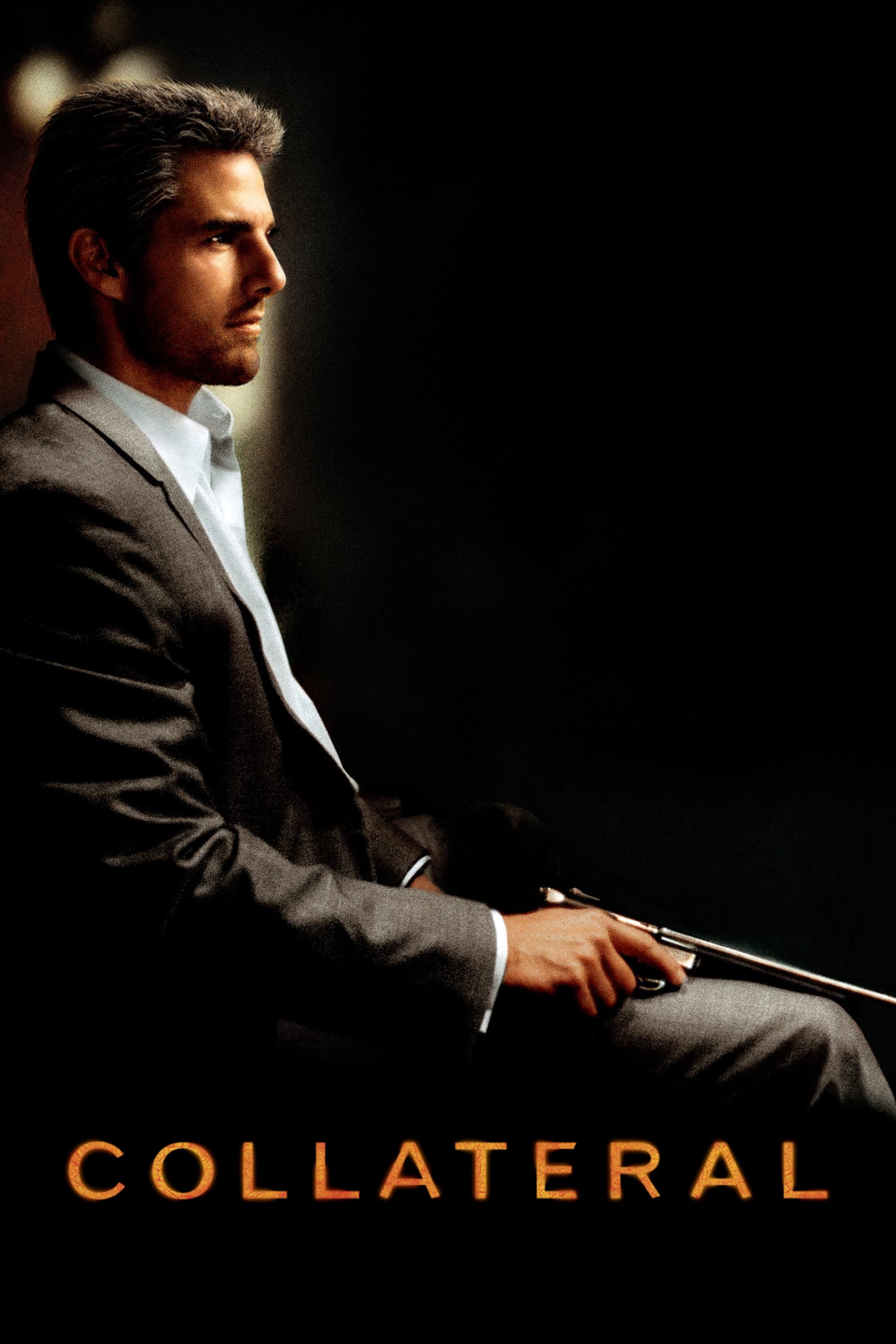⭐⭐
Satires poking fun at the rich are nothing new. Even as far back as the 1920s and 1930s, cinema was used to make fun of how disillusioned and disconnected the elites are from the reality of the working class. Films like Metropolis, The Rules of the Game, and then skipping ahead multiple decades, Parasite, The Menu and many more were all immensely popular. It’s a worthy topic to make a satire on given today’s political climate, but certain filmmakers, and more importantly, screenwriters, have a much better feel on how to actually hit their targets than others.
Emerald Fennell is not one of these filmmakers. Fresh off of her Oscar-winning film Promising Young Woman, the film is undeniably stylistically bold, but what else is there really to this experience? Fennell’s screenplay feels cripplingly misguided in its depiction of the relationship between the elites and the working class. For starters, the rich family may superficially appear to be snobby and annoying, and they certainly are, but it makes it very clear that they are the victims in this story. Their little utopia is disturbed and dismantled when they include outsider Oliver Quick (Barry Keoghan) into their lifestyle. There is even a scene in which he literally describes himself as a vampire, which is the kind of subtlety we are dealing with here. This framing of the rich as victims of outsiders feels extremely misguided and inaccurate, seeing as how we are facing unprecedented and unfathomable levels of wealth inequality, especially in the United States.
And this leads us to ultimately undoes any effectiveness this movie may have. It isn’t necessarily in how the perspective and blanket portrayal of working class people are inaccurate, but that this film isn’t actually saying anything at all about class. While many of the aforementioned films and other notable satires about this subject focus on things like the deliberate exclusivity, inbred callousness and other subjects, Saltburn has absolutely nothing on its mind beyond being a weird movie. Keoghan’s performance is fine, but Fennell always makes sure to make a point in just how weird he is. Fennell focuses on how everyone whispers about how strange he is behind his back, and how kind and supportive Felix (Jacob Elordi) is to him in spite of his obvious strangeness. This compassion Felix shows to Oliver is just hard to buy, as Oliver gives him very little reason to want to be around him to begin with.
Oliver’s motivations are also rather unclear, as we never find out if he is doing this because he is in love with Felix, or if it’s because he really is just a leech who wants to take all of the rich family’s resources. I think this would have worked much better if it zeroed in on the sexual fantasy element of Oliver’s plan. Fennell could have abandoned the class satire and instead turned this into a surrealist odyssey reminiscent of Mulholland Drive, but alas, what we get instead is a shallow attempt at satire that falsely assumes that wealth is worshiped not necessarily because that’s the only thing people strive for, but because you have no choice when you are born into a capitalistic society that prioritizes material over character. My first thought when this finished was that this must be a neoliberal's worst nightmare.






